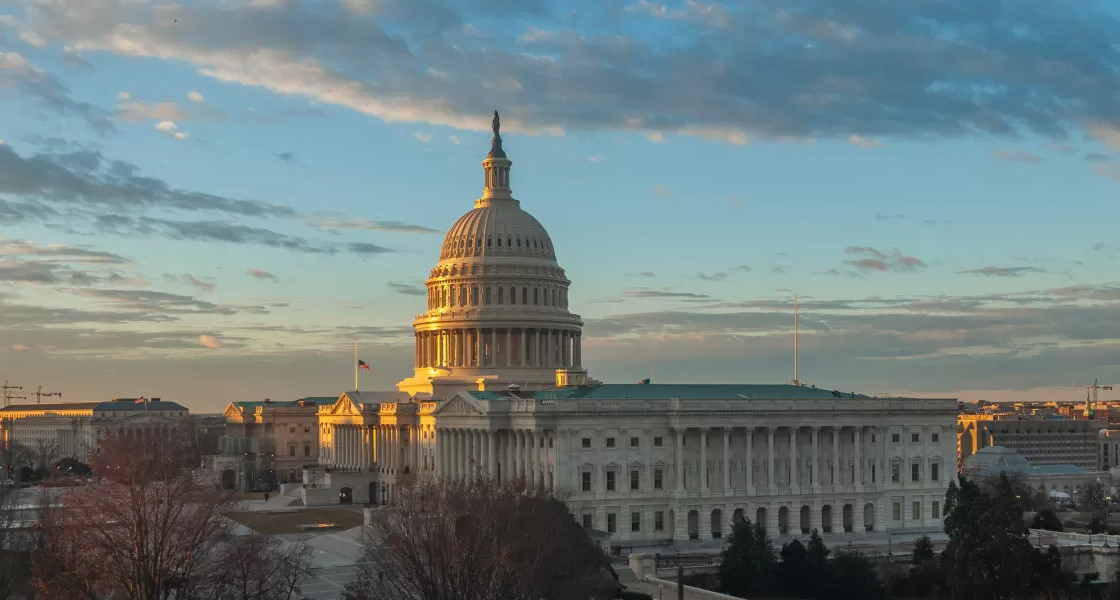
American Legion praises inclusion of military pay increases, funding for military housing, national defense initiatives and more but also calls on Congress to approve package.
The American Legion applauds much of what’s included in the FY25 National Defense Authorization Act (NDAA) agreement from the House and Senate Armed Services Committees.
Overall, the NDAA would provide $883.7 billion for programs within the committees’ jurisdiction, of which $849.5 billion applies to the Department of Defense (DoD).
Some notable areas supported by The American Legion included in the NDAA:
• Military pay: The NDAA calls for all servicemembers to receive a 4.5% pay bump next year, while troops in the ranks of E-1 through E-4 will get an additional 10% raise. “The American Legion has been steadfast in its calls for our servicemembers to receive proper pay for the services they provide our great nation,” National Commander James A. LaCoursiere Jr. said. “These raises will help ensure financial stability for the most junior of our armed forces personnel and their families. And that is a huge component of our Quality-of-Life program.”
• Military construction: The NDAA calls for $15 billion that covers facilities modernization, base housing and more, which is another component of the Legion’s Quality of Life program. “The money allocated toward new construction and updated housing is sorely needed at some bases,” LaCoursiere said. “We applaud the negotiators for including these measures.”
• Deterring China. There is $15.6 billion authorized for the Pacific Deterrence Initiative to enhance U.S. defenses in the Indo-Pacific region. The agreement bolsters spending to increase funding for innovative new technologies such as cyber, AI and others needed to deter China’s aggression in the region.
Among American Legion priorities omitted from the NDAA are the Afghanistan Adjustment Act, which would have allowed up to 20,000 additional Special Immigrant Visas; and the Richard Star Act, which would preserve full retired pay for medically retired combat veterans regardless of their VA disability coverage.
“We’re disappointed that once again the House and the Senate failed to demonstrate support for our Afghanistan allies,” said LaCoursiere. “These brave interpreters and others never turned their backs on U.S. troops. Why does our U.S. government continue to turn their backs on our allies?”
The agreement still needs to be passed by both the House and Senate in order to be in effect for FY25.
“Overall, this agreement is a positive development for our national defense, our military members and their families,” LaCoursiere said. “However, Congress still needs to move the ball over the goal line. Without formal passage and the president’s signature, it means nothing. We call on Congress to prioritize the NDAA and approve it before the end of this session.”
- Legislative

